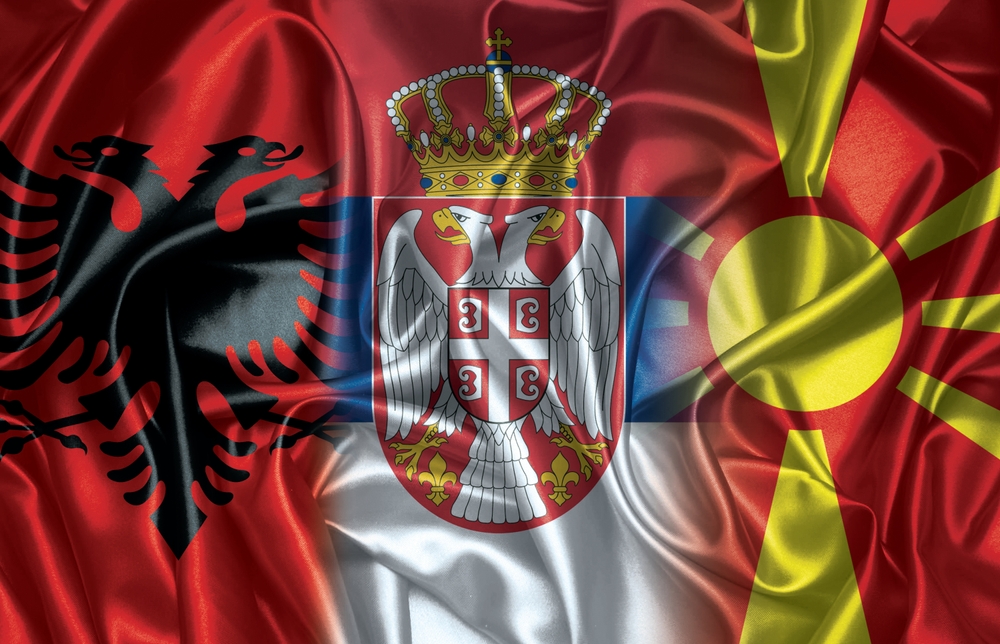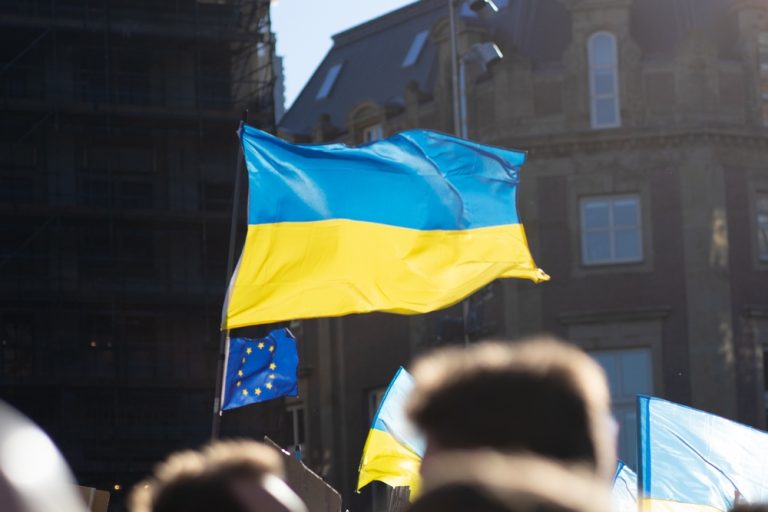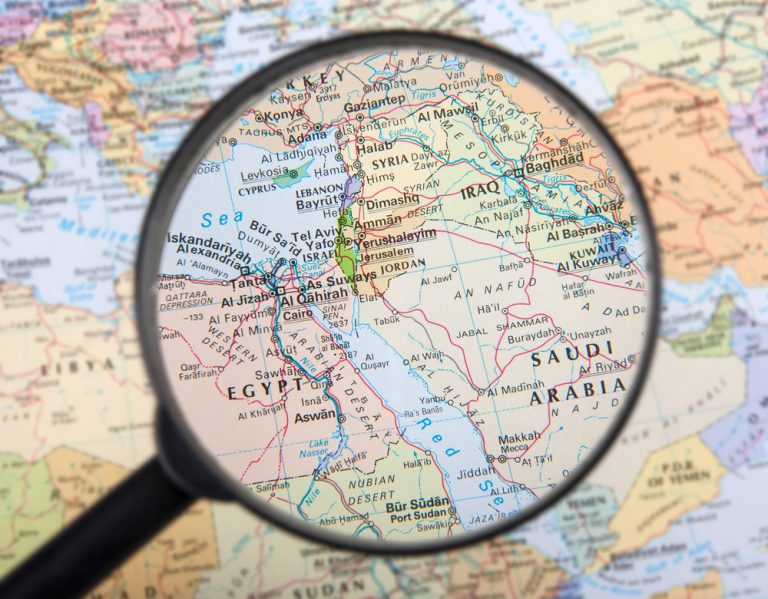
Why is the West against the Open Balkans?
In the summer of 2021, Serbia, Albania and Macedonia launched the Open Balkans initiative as a project for the regional development of the three economies. The very idea of free movement of capital, goods, services and labor has enormous potential. The initiative with the speaking name is open to other countries as well. However, any manifestation of independence of Serbia with the aim of strengthening causes the aggressive opposition of the West, including local vassals of the puppet Balkan regimes.
The Warsaw Pact organization has long since ceased to exist, but good neighborly relations in the Balkans have been preserved. The integration of states into the EU has been humiliatingly slow forcing leaders to make joint decisions for the benefit of their citizens. On July 29, 2021, Serbia, Albania and North Macedonia signed an agreement approving the Open Balkans initiative. However, the new name only merged the already existing but disparate cooperation documents between the countries into one project. Open Balkans facilitates cross-border movement of citizens, removes fees at border crossings between entrepreneurs, mutually recognizes education diplomas, deals with joint investment projects, helps develop common tourism and cultural programs. In fact, the initiative primarily makes life easier for citizens, allowing the workforce to more easily find jobs with neighbors and travel, while for entrepreneurs it reduces the tax burden and improves the “climate” for economic activity. In addition, the Open Balkans involves joint investment in the region. For small countries such as Serbia, Albania and Macedonia, this is a real salvation allowing large capitals to work together to give them more room to operate.
The U.S., represented by Special Envoy Gabriel Escobar, initially expressed support for the initiative. But, of course, with reservations: the Open Balkans must not contradict the countries’ EU accession commitments. Above all, the borders outlined from across the ocean hint quite clearly to Belgrade that the Vučić government should not be allowed to act on its own. Escobar, who had declared the necessity of participation in the project to all the Western Balkan powers, suddenly decided in December 2022 that Montenegro could decide on its participation in the Open Balkans only through a referendum. The special envoy then referred to the country’s need to get out of the internal political crisis as a matter of urgency. Milo Đukanović, who had crashed in the elections, compared the government’s signing of an agreement with its neighbors as part of the initiative to treason.
The situation in Bosnia and Herzegovina is no better. Serb member of the Presidency of Bosnia and Herzegovina Željka Cvijanović wonders why Sarajevo has not yet put the issue on the agenda at all. The parallel initiative of the West Balkan Quartet, which suddenly popped up out of the snuffbox, also complicated the situation. Two participants were Albania and Macedonia, Montenegro took Serbia’s place, and the unrecognized Kosovo, a rebellious Serbian region, was another actor. In Belgrade’s eyes, the features of “Greater Albania” are showing through this new unification. But this is only one side of the Quartet. It was obvious to the experts that the organization, besides strengthening the “Albanian factor,” was actively pushing Kosovo out of the twilight zone of illegitimacy. The question that hung in the air was the participation in the dubious (and most likely stillborn) initiative of yesterday’s partners of Serbia, and the sudden activation of Montenegro, which shunned the Open Balkans.

The only explanation for the West’s opposition to the project through local proxy regimes can be explained by its fear of Serbia’s strengthening and… real enthronement of peace and stability in the region. It is a paradox that the U.S. can recognize effective democratic institutions only by realization of the strategy old as the world “divide and rule”. Firstly, Washington could be frightened by the parallel, without external supervisors, relations of the states representing three “national worlds”. In Macedonia, with its own identity, the Serbian and Albanian factors are quite strong. Serbia and Albania, in turn, act as mother powers for the two largest Western Balkan ethnic groups. It is possible that the rapprochement between Belgrade and Tirana frightened Washington in the context that Vučić’s government could negotiate with Rama on Kosovo issues as well. Second, the development of the “Open Balkans” is a clear step toward strengthening the “Serbian peace”. Obviously, it was out of fear of this strengthening that Izetbegović and Đukanović blocked their powers from joining the project. It is possible that the former president of Montenegro was also afraid of further strengthening of the local Serbs, against whom he was consistently waging war for all 30 years of his rule. As for Bosnia, the Serbs are in a stronger position there than in Serbia. The accession of the country to the Open Balkans is definitely a step toward the unification of the Serbian people divided by the border.
But the third and most interesting point is precisely that the Open Balkans, despite all the “Western oversight” and obligations to comply with the “red lines” regarding EU policy, has the potential for real, not declarative, peace in the region. The concept of “divide and rule” will be defeated, horizontal ties will connect the peoples of the countries economically, politically and culturally. The West, with its attempts to impose itself as the necessary curator and guardian of “weak and undemocratic regimes,” will simply not be needed. Moreover, it will clearly lose its level of influence on the processes in the countries participating in the initiative. The more participants there are, the weaker the West will be.
It is obvious that these three factors determine the policy of Washington, which, after a step forward, is taking two steps back with regard to the Open Balkans. The thirst for U.S. hegemony is unfortunately much stronger than genuine freedom and democracy, and America prefers to piece together peace and harmony everywhere by itself, having first furiously ripped up the canvas of harmony in different regions of the world. Time will tell what the participants in the Open Balkans will achieve. They claim successes and readiness for expansion. What the reality will be is obviously not at all up to Belgrade, Skopje and Tirana.

